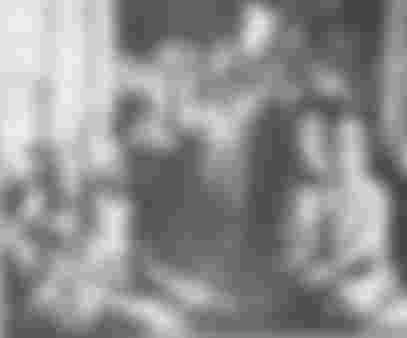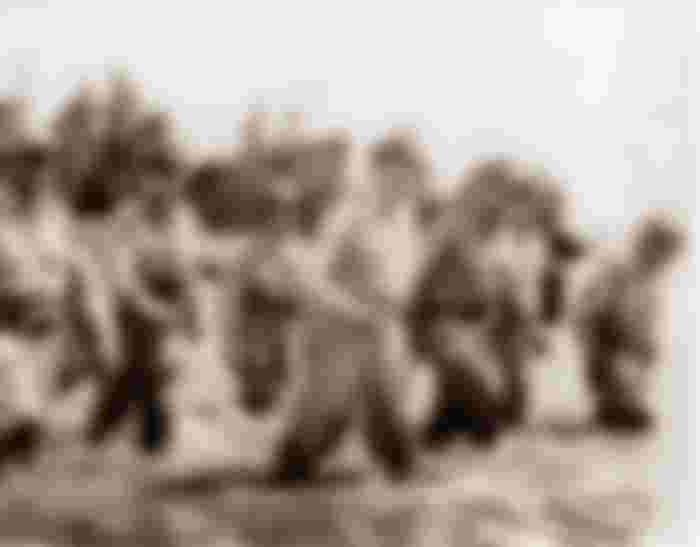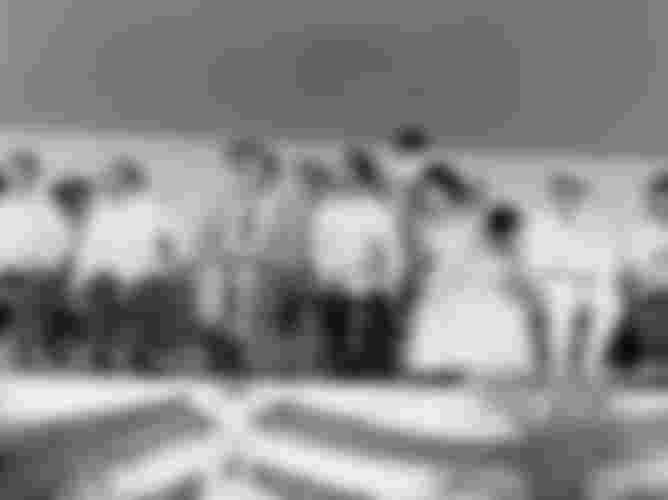On this day (January 14), a journalist, soldier, diplomat, statesman, author, and the first Filipino President of the United Nations General Assembly was born. As we celebrate his 122nd birthday, let's take a look at his achievements, career, and his contributions to our society making him the greatest statesman of the 20th Century.

Born in 1899 (a year after Filipino Independence) to parents Gregorio Romulo, and Maria Cabrera Peña at Camiling, Tarlac. His father was a guerrilla fighter who served the Filipino revolutionary government and had a rough time with his childhood because of the tensions between the Filipinos and the Americans at that time.
He studied primary education at the Camiling Central Elementary School, years later, he received a bachelor's degree at the University of the Philippines in 1918. 3 years later (1921), he received a master of arts from Columbia University, then returned as a professor & chairman of the English Department in his alma mater from 1923 to 1928.
In 1922, he was appointed secretary to Senate President Manuel L. Quezon. Years later (1931), Carlos became editor-in-chief of TVT Publications, publisher, and editor of the Philippines Herald from 1933 to 1941. Simultaneously he is working various jobs as a journalist, chairman, and secretary. With the attack on Pearl Harbor following the full-scale invasion of Imperial Japan, Carlos observed military movements in the Pacific, and he wrote a series of articles both published in the Philippines and the United States. With his writings, he became the first non-American to win the Pulitzer Prize in 1942 for his efforts covering the war. He served as an aide-de-camp to Gen. Douglas MacArthur, secretary of information and public relations to Pres. Quezon's wartime Cabinet. As fighting intensifies, all forces both American & Filipinos, civilians, including Pres. Quezon and his cabinet hunkered on the island of Corregidor. Carlos broadcasts a radio segment called the "Voice of Freedom" to boost the morale of our forces.
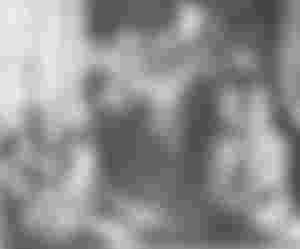
When the Japanese captured the island, all forces were in full retreat. Carlos went with MacArthur to Australia, then joined with Pres. Manuel L. Quezon in Washington, D.C. During his exile for 2 years (1942 to 1944) in the U.S., he used his time to educate people about the current conditions in the Pacific. In October 1943, Carlos traveled with over 60,000 miles, 364 speeches in 289 cities all across the country.
Jose P. Laurel became President under Imperial Japan from 1943 to 1945. With the death of Pres. Quezon on August 1, 1944, Sergio Osmeña was next-in-line to be President of the exiled-Commonwealth Republic. Carlos accepted the offer as Resident Commissioner after Joaquin M. Elizalde issued his immediate resignation. 2 months later, the U.S. armed forces landed at Leyte Gulf on October 20, 1944, with their promise to liberate the entire country against Japanese Imperialism. Laurel issued an Executive Proclamation that declared the dissolution of his regime on August 17, 1945.

In 1945, Carlos became a delegate to the United Nations and ambassador from 1946 to 1954. He was a strong advocate of human rights, freedom, and decolonization. One memorable quote with his debacle with Andrei Vishinsky at Paris, France in 1948, because of his belittlement on us Filipinos leaving the Russian diplomat with nothing left to say, and seated back to his post.
"It is the duty of the little Davids of this world to fling the pebbles of truth in the eyes of the blustering Goliaths and force them to behave!"
With his tenure at the United Nations, he became President of the United Nations General Assembly from 1949 to 1950, became Secretary of Foreign Affairs from 1950 to 1952 under Pres. Elpidio Quirino. In 1952, he was appointed Ambassador to the United States until May 1953. In that year, he decided to run as President, but he withdrew, left the Liberal Party, and went on as campaign manager for Ramon Magsaysay. In April 1955, he led the Filipino delegation to the Asian-African Conference at Bandung, Indonesia criticized the tyranny of the communists and western colonialism.
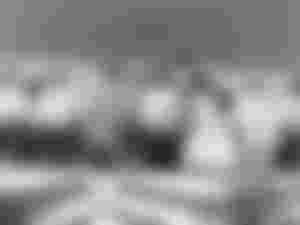
Throughout the years from 1962 to 1983, he became president of the University of the Philippines (1962 - 1968) while he was Secretary of Foreign Affairs again from 1963 to 1964, and appointed as Secretary of Education (1966 - 1968) by Pres. Diosdado Macapagal. From 1968 to 1983, from Secretary until 1972, he was appointed Minister of Foreign Affairs by Pres. Ferdinand Marcos. He supported Marcos through most of his presidency, but he resigned in 1983 after the assassination of Benigno Simeon Aquino Jr., according to his interview he felt "heartsick" of the assassination whom he considered a "friend" and resulted in a freefall of our economy and international reputation.
Carlos was laid to rest on December 15, 1985, and was buried in the Libingan ng mga Bayani (translates to Heroes' Cemetery). He retained his rank as Major General of both forces after entering politics. He was the most decorated Filipinos after receiving honorary doctorates, awards, and medals with his military service in both U.S. & the Philippines, from prestigious universities, and foreign governments. He served 8 presidents from 1922 to 1984. From Manuel L. Quezon to Ferdinand Marcos. He has conferred the National Artist award for Literature in 1982 and published books including his autobiography I Walked with Heroes.
Sources:
Lead Image from https://www.rappler.com/voices/ispeak/things-you-did-not-know-carlos-p-romulo
https://biography.yourdictionary.com/carlos-p-romulo
https://www.britannica.com/biography/Carlos-P-Romulo

